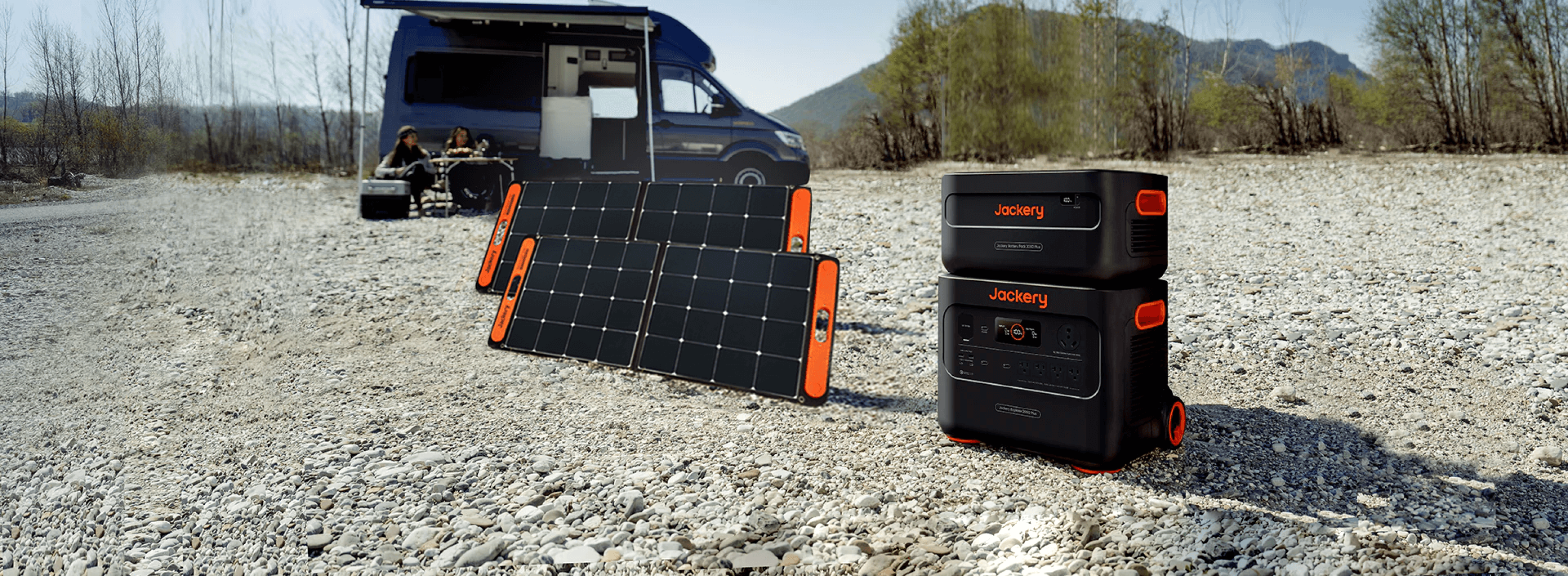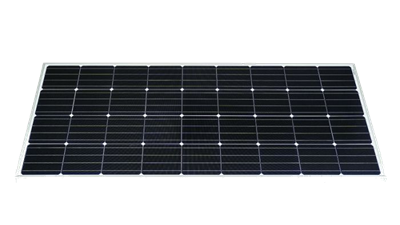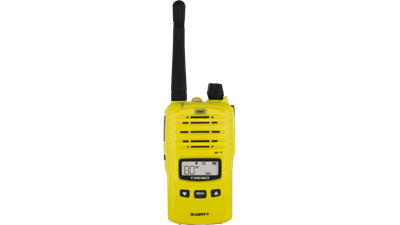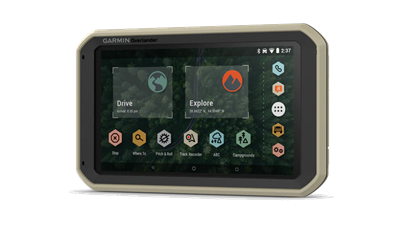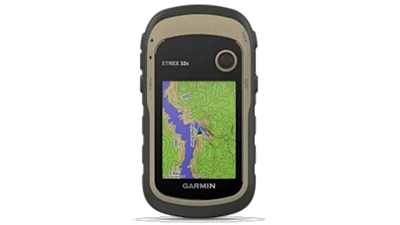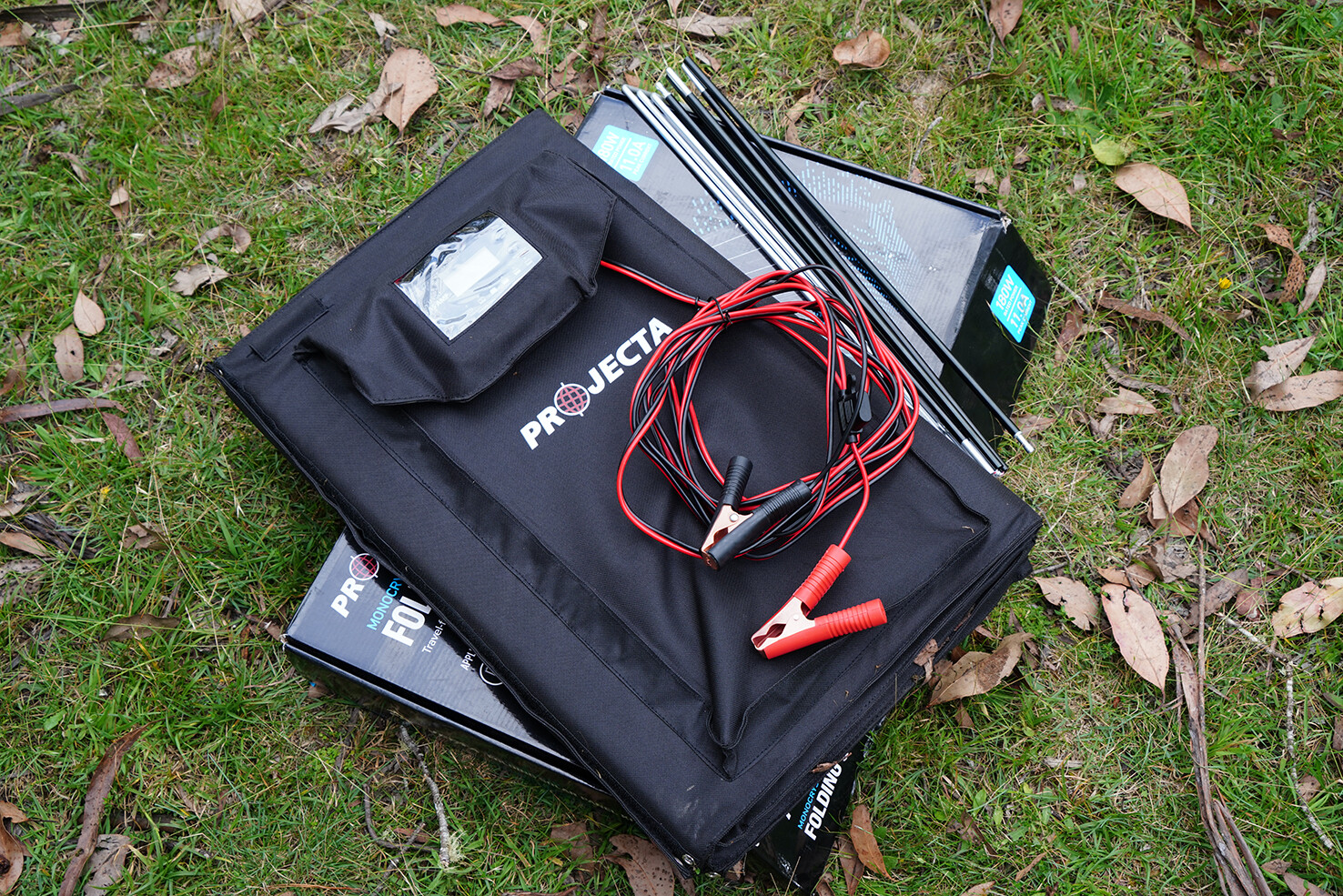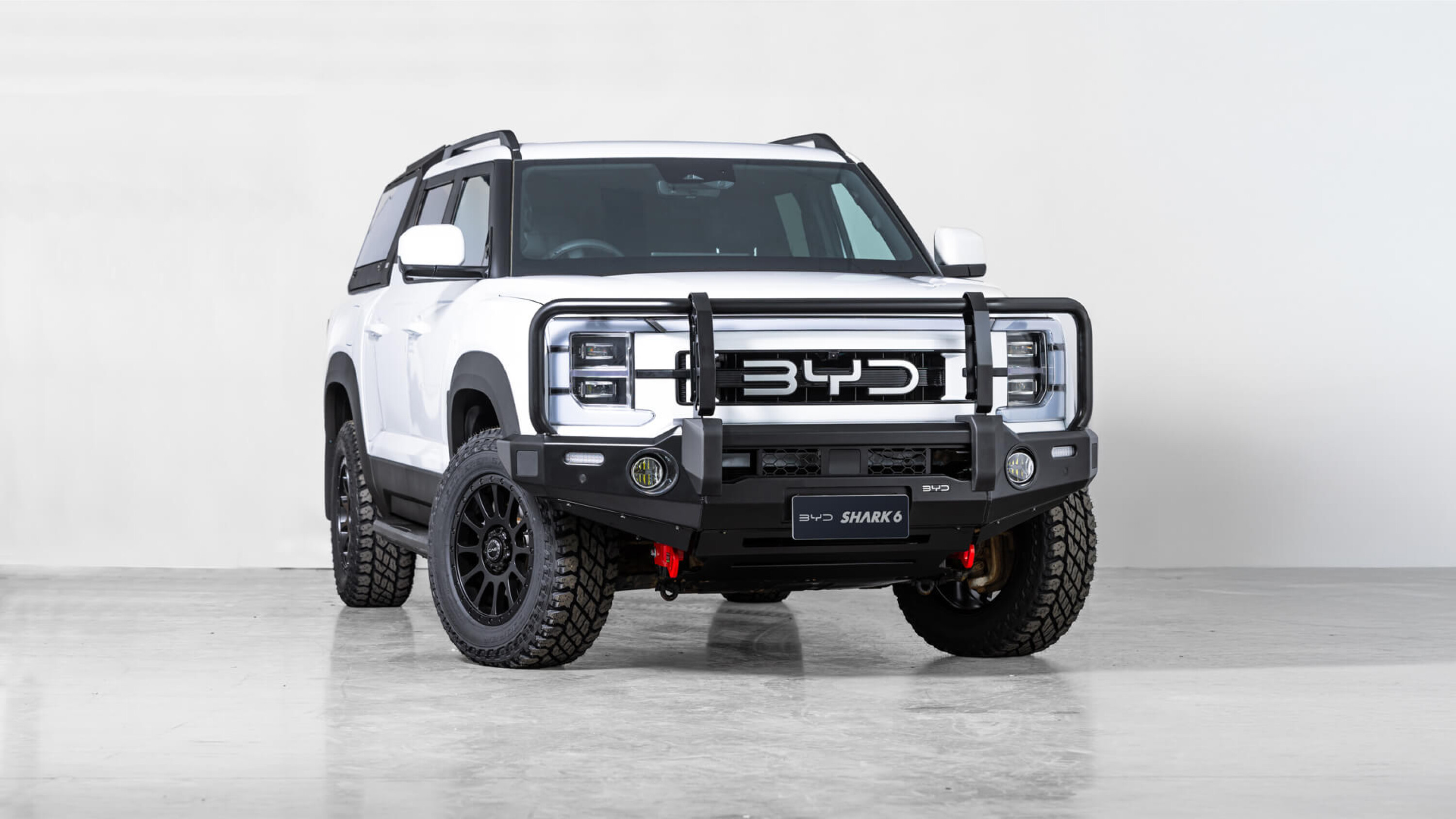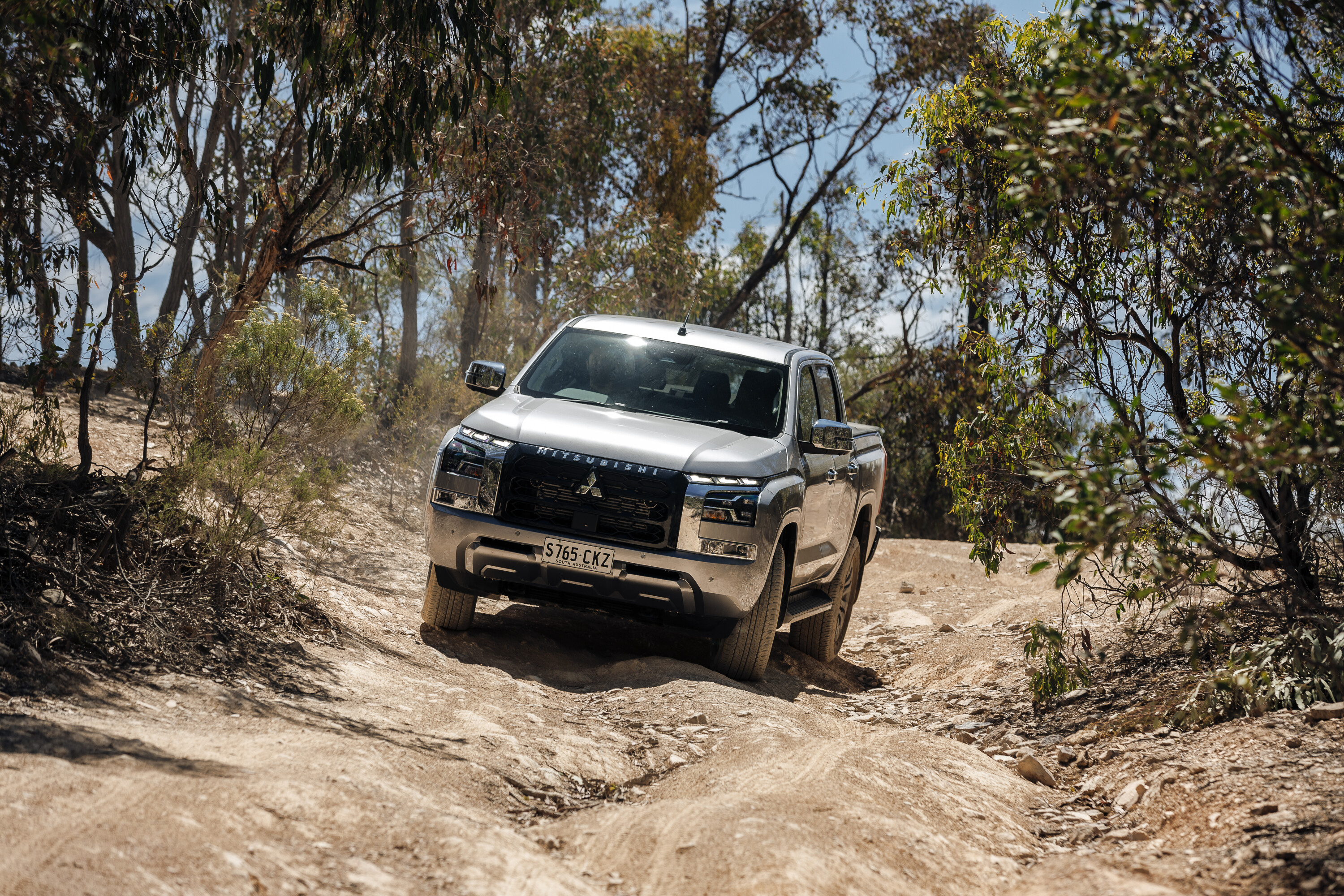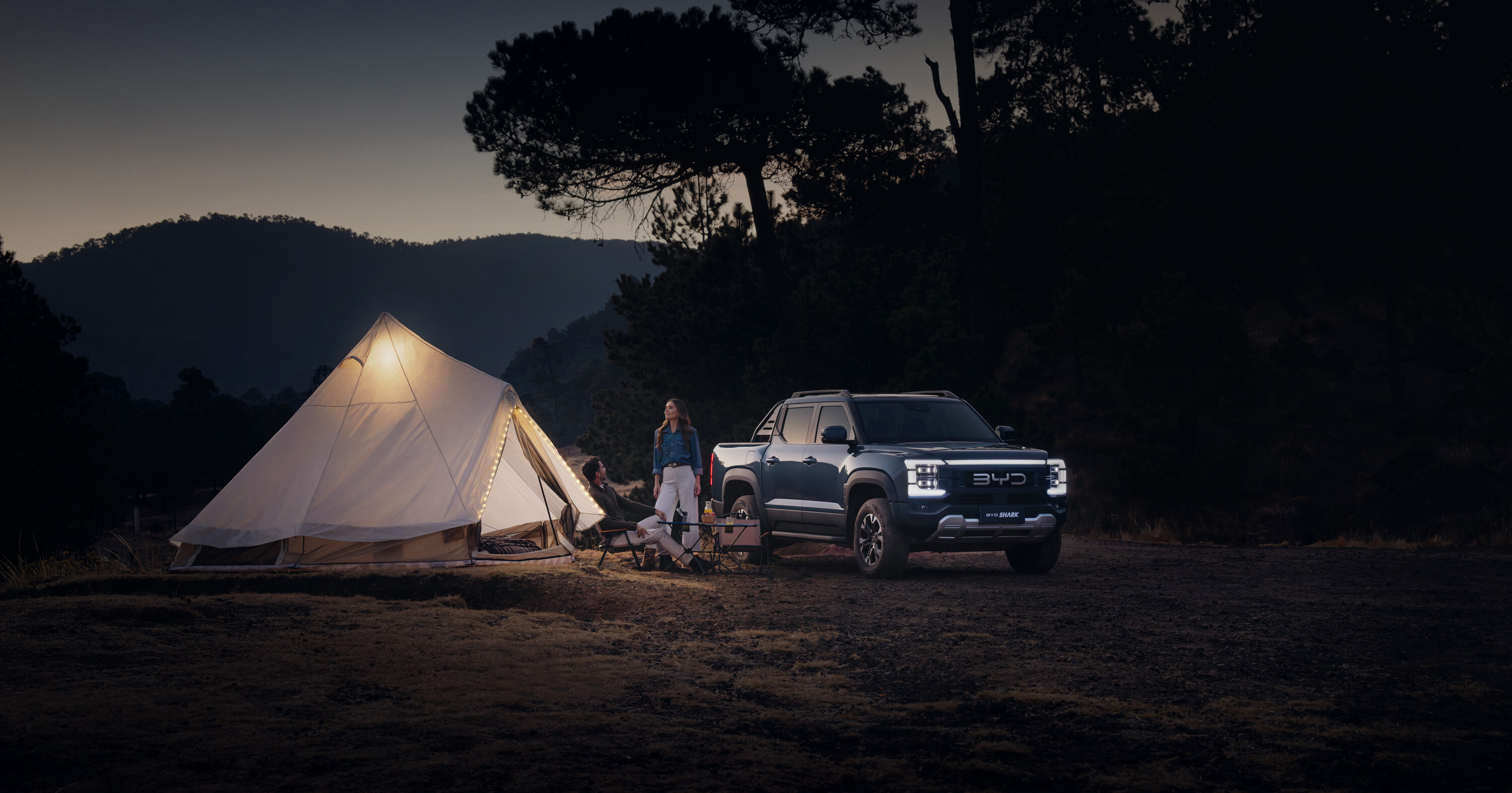It’s often a somewhat strained conversation as campers and fellow four-wheel drivers get together and, over a beer or two, begin discussing the merits and disadvantages of solar panels compared to generators.
“I hate bloody noisy generators,” is often heard, while those on the other side of the fence reckon, “Solar panels are a bloody pain to use.”
On many trips I carry and use both. My camper has a 180W solid solar panel on the roof, and I always carry a folding solar panel as well. Backing those panels up, I have a couple of full sine-wave inverters: an 1800W in the Patrol and another smaller one in the camper. Then, on the trips where we’ll be staying camped in the one spot for a while, or need a lot of 240V AC power, I throw in my Honda generator.
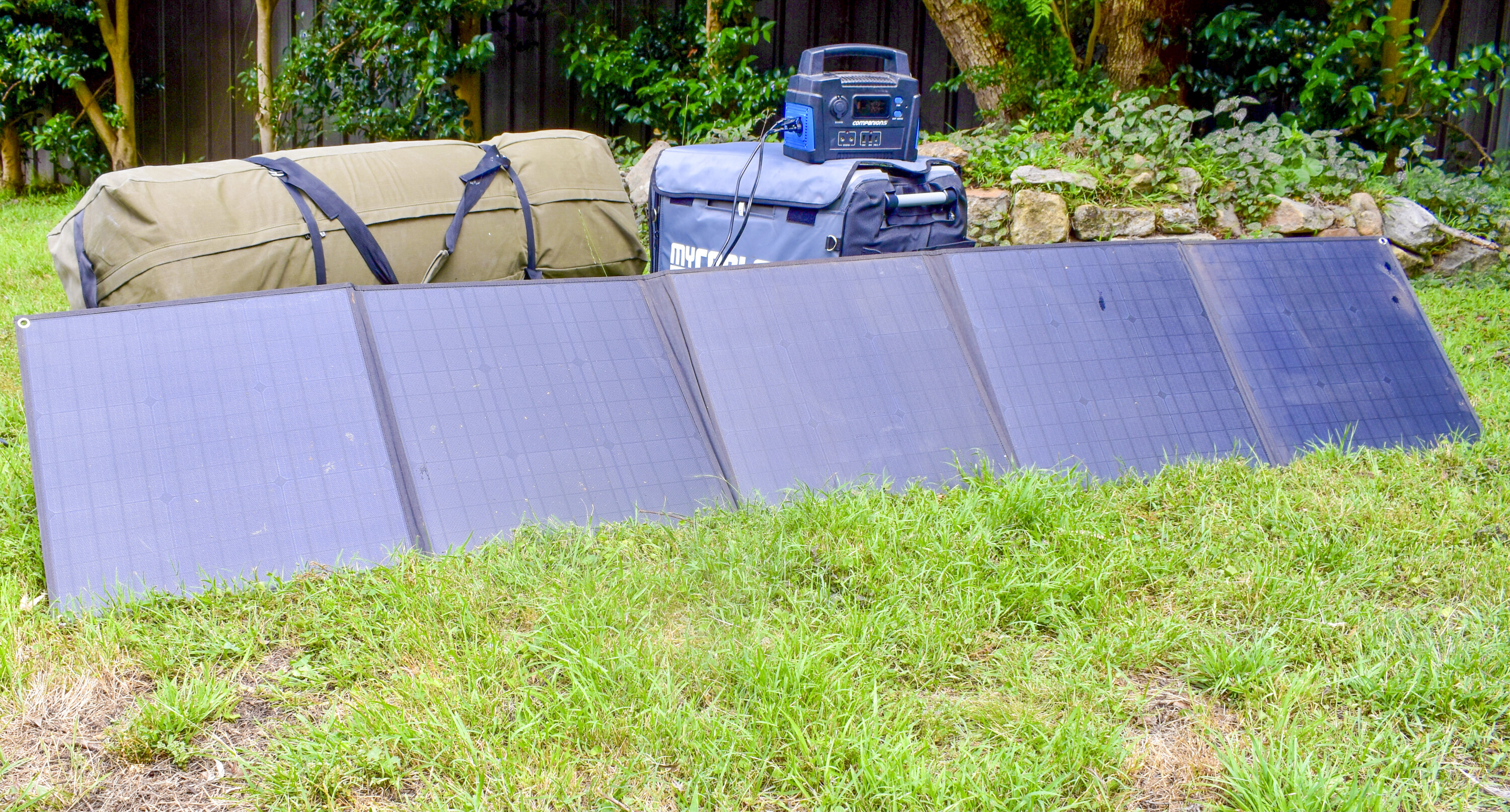
On a trip to the Ningaloo Coast, I was glad I had both. For the 23 days we camped on the beach, the sun only shone occasionally; it pelted rain for two days and drizzled for a few more. Over a few days, all we had was very overcast skies where we didn’t see the sun at all.
It was pretty warm to boot, as you’d expect in the north-west of Western Australia. Our two fridges were sucking a bit of power and, while there were other power drains, it’s the fridges that suck the most from the batteries.
Needless to say, the solar panels weren’t producing much, and over the course of a few weeks we resorted to running the generator for a few hours each day just to keep the batteries at a level where the fridges could run, the meat and fish remain frozen, the salad crisp and the beer cold.
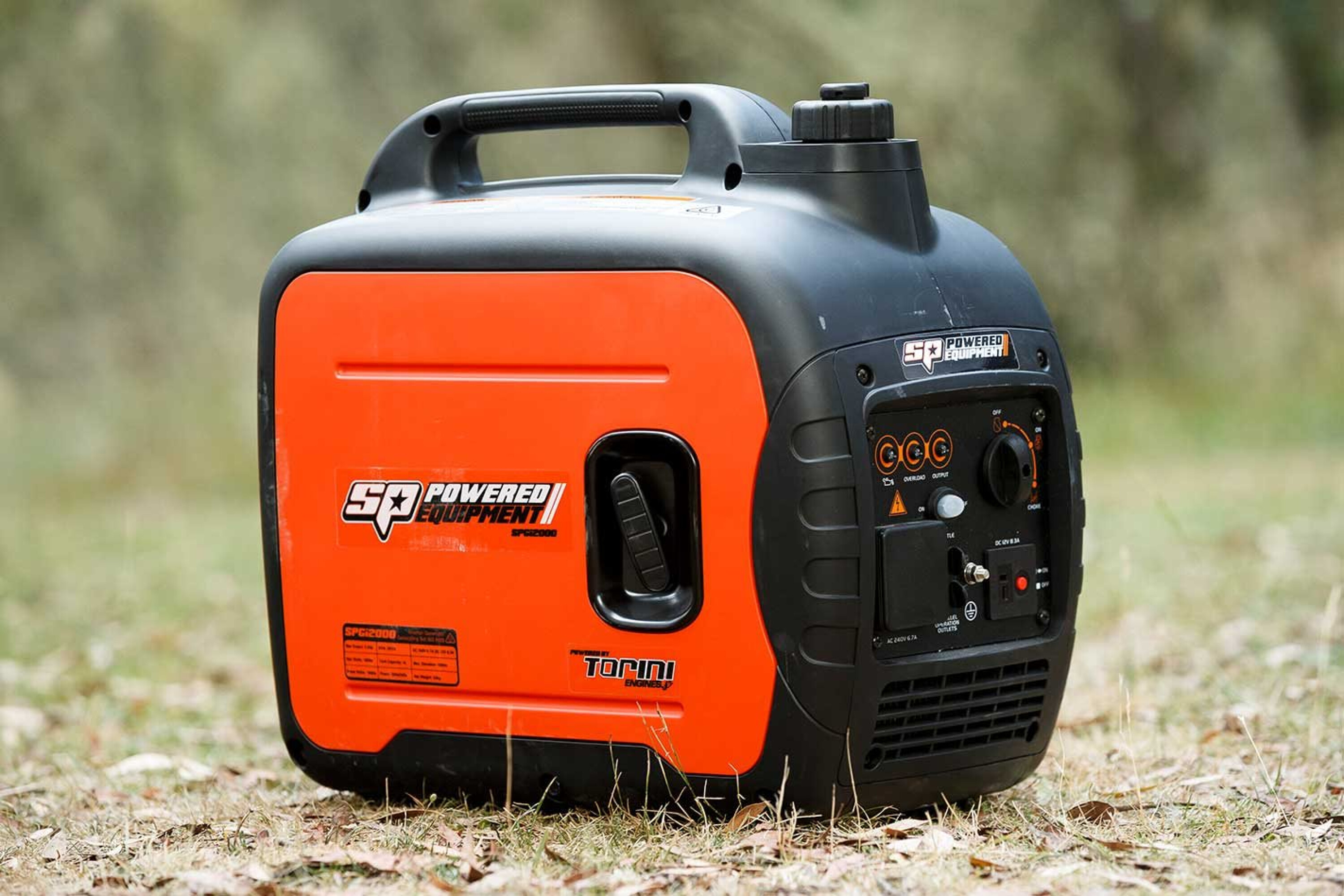
It doesn’t take much for a solar panel to produce way less than what it is rated to produce. A cloudy sky, a shadow falling across the panel, or just the panel not pointing directly at the sun will see a significant decrease in the amount of power being produced. They are some of the reasons I’m not a great lover of a panel on the roof of a camper. Still, having to shift a mobile panel every few hours is also a bit of a pain.
I wasn’t the only one having to shuffle the panels around and resort to a generator. Nearly every camp spread along the coast had their generators running for at least a few hours each day, just to keep their fridges and freezers cold.
Of course, generators also have drawbacks. You have to carry fuel for them, and every now and again they need a bit of a service; although, with my trusty Honda that is just an oil change (300ml) and a check of the air-cleaner element.
As far as noise is concerned, today’s generators are pretty darn quiet and run on eco-mode – and they are quieter again – as that’s all that’s really needed to keep batteries charged.
I don’t take too much notice of people who complain about generators these days. Sure, I use the solar panels as the first go-to, but if I need more power, especially 240V AC power, I’ll run the generator without hesitation. Still, I won’t run it at night when any noise carries and people are looking for peace and solitude, and even I get a bit grumpy when somebody runs their generator until late in the night.

